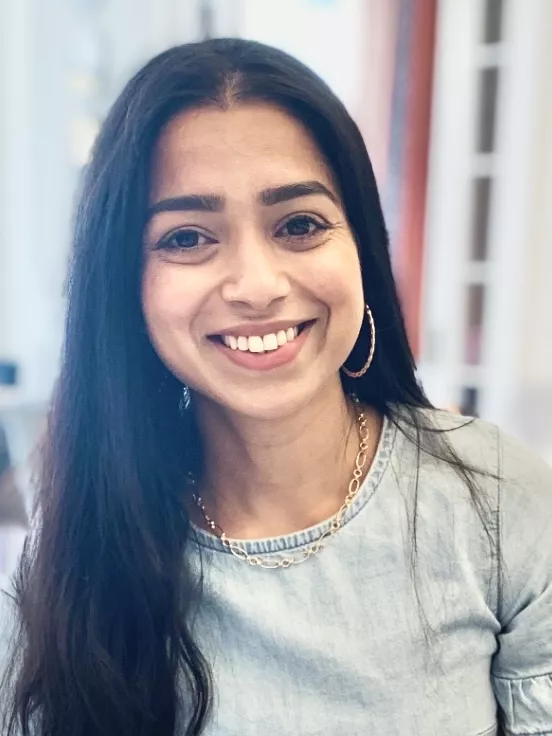
Sonia
In sharing my story, I hope to highlight how life can change overnight. But it's how we choose to look at our new normal that matters.
Sonia, from Berkshire, talks about her diagnosis of type 1 diabetes just before her 32nd birthday.
customer support
customer support

In sharing my story, I hope to highlight how life can change overnight. But it's how we choose to look at our new normal that matters.
Sonia, from Berkshire, talks about her diagnosis of type 1 diabetes just before her 32nd birthday.